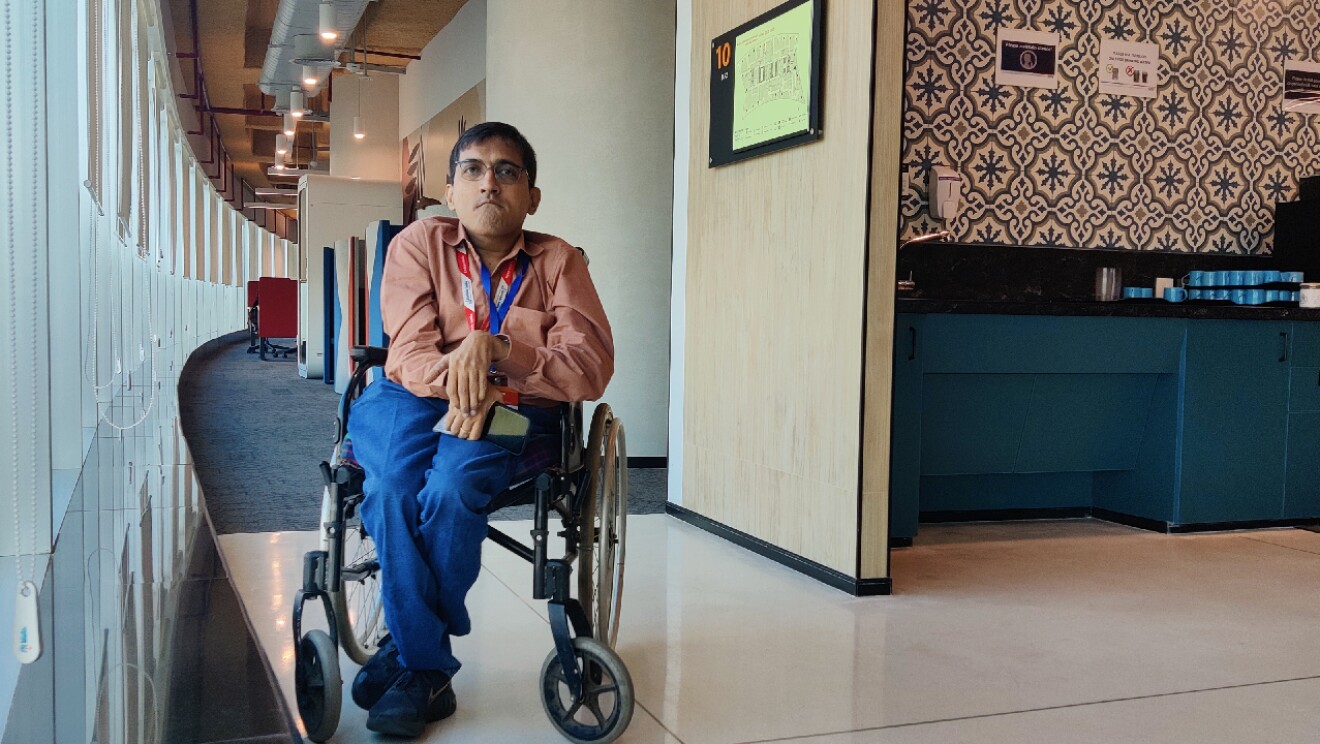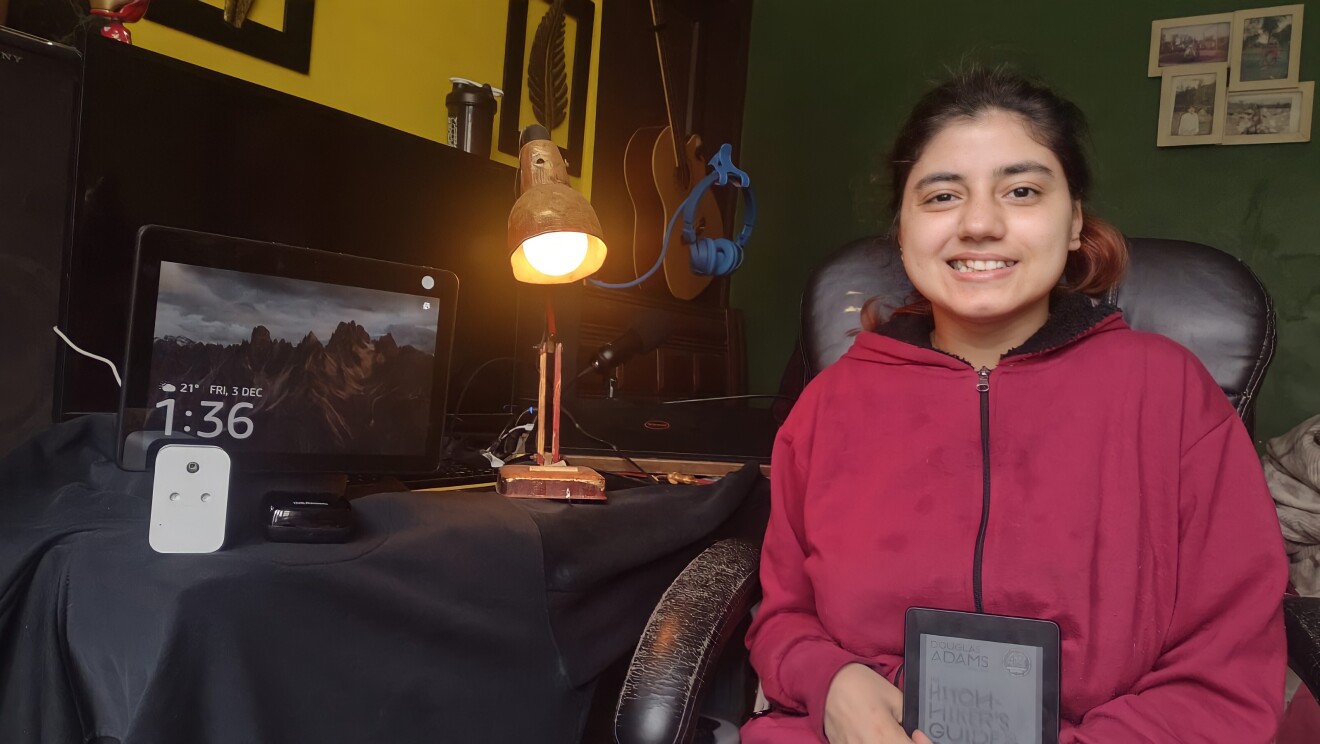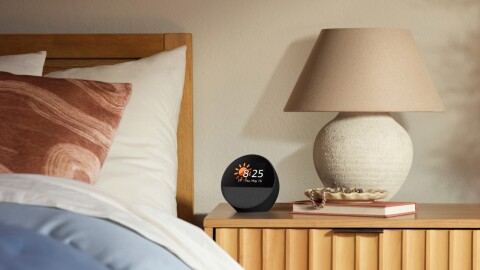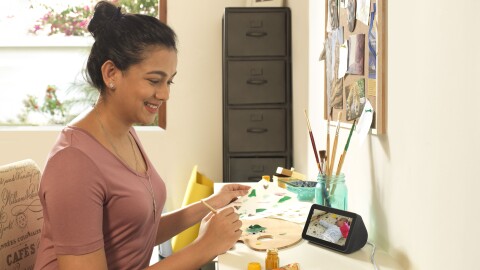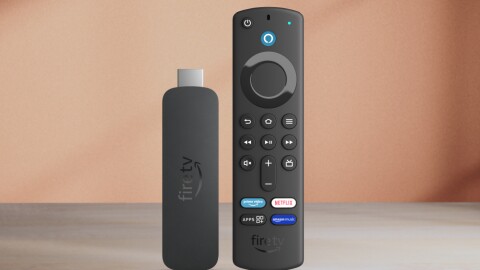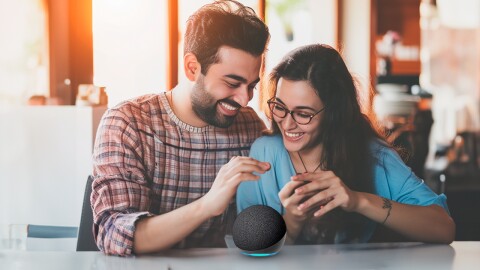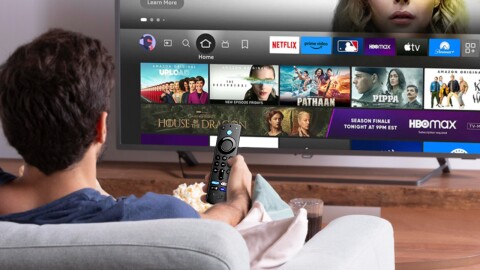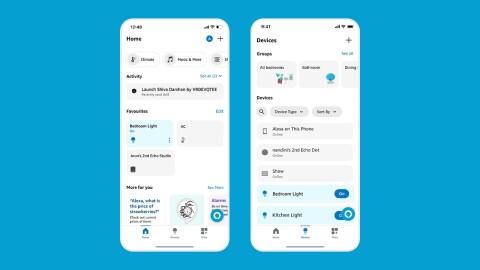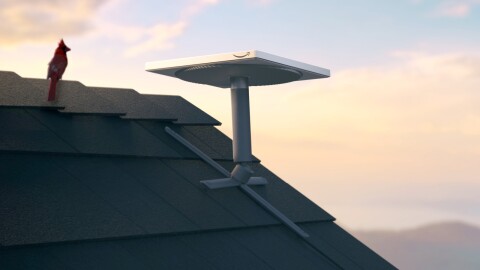Karanveer Anand, a 21-year-old with Duchenne Muscular Dystrophy (DMD) who passed away last year, used to say that "disability is not a disorder, it is a result of inadequate infrastructure around us.”
This is an oft repeated phrase at the Dystrophy Annihilation Research Trust, better known as DART, a parent-run organisation in Bangalore consisting of families with children suffering from DMD. While disability restricts mobility, the 'feeling of disability' is thanks to external limiting factors: lack of emotional support, infrastructure shortage, paucity of specialised devices, and so on.
A genetic disorder that affects muscles
Karanveer's parents, Ravdeep Anand Singh and Movin Anand, were the driving force behind making DART a nodal centre for DMD, a debilitating genetic disorder that causes dystrophy. The lack of a vital protein called dystrophin—which enables the muscles to do their job properly—causes muscles to degenerate. DMD symptoms occur in early childhood, and as the child ages, they gradually lose the ability to use their limbs.
Even though movement becomes restricted, mental agility is not affected. But the child becomes dependent on others to perform basic everyday tasks—like getting ready in the morning or switching on the lights. Imagine you want to take a quick nap and the bright overhead lights are preventing you from doing so. Without a moment’s hesitation you get up, switch them off, and go back to bed. Amogh, a class X student from Bangalore with DMD, has to depend on either his sister or a parent to turn off the lights.
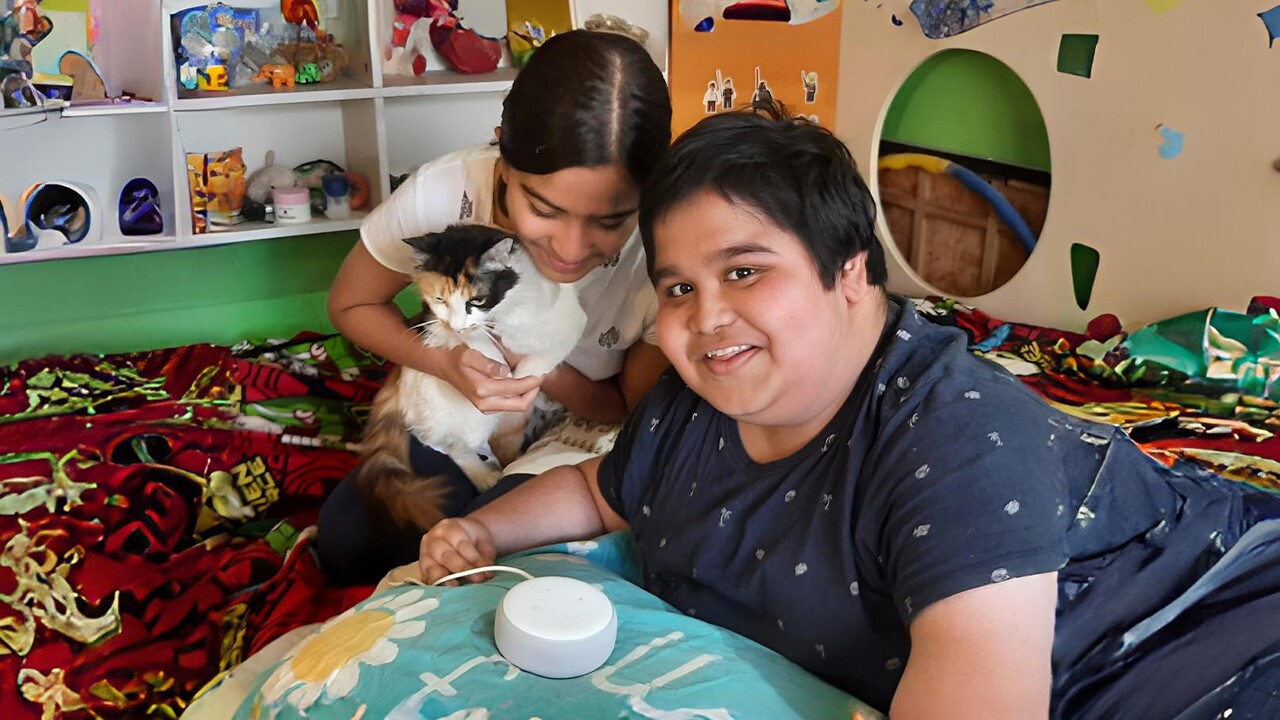
Lying in bed, you suddenly remember that a friend’s birthday is coming up and you need to buy a gift. What do you do? You immediately pick up your phone and put it on your calendar. Ameya unfortunately isn't able to do the same. Instead, he turns to that one friend who is always there and ready to help.
Alexa: a friend in need
With Alexa, all someone needs to do is say, “Alexa, remind me to buy a gift for a friend”. For both Amogh and Ameya, it is now second nature to call out to Alexa and get things done. "Alexa, switch off the reading light", “Alexa, on what date is Good Friday this year?” are examples of common questions they both ask.
Beyond these daily tasks, Alexa helps DMD patients take their medicines on time and maintain a strict physiotherapy schedule. Their dependence on parents for these tasks has gradually reduced. Alexa alerts them about both with timely reminders.
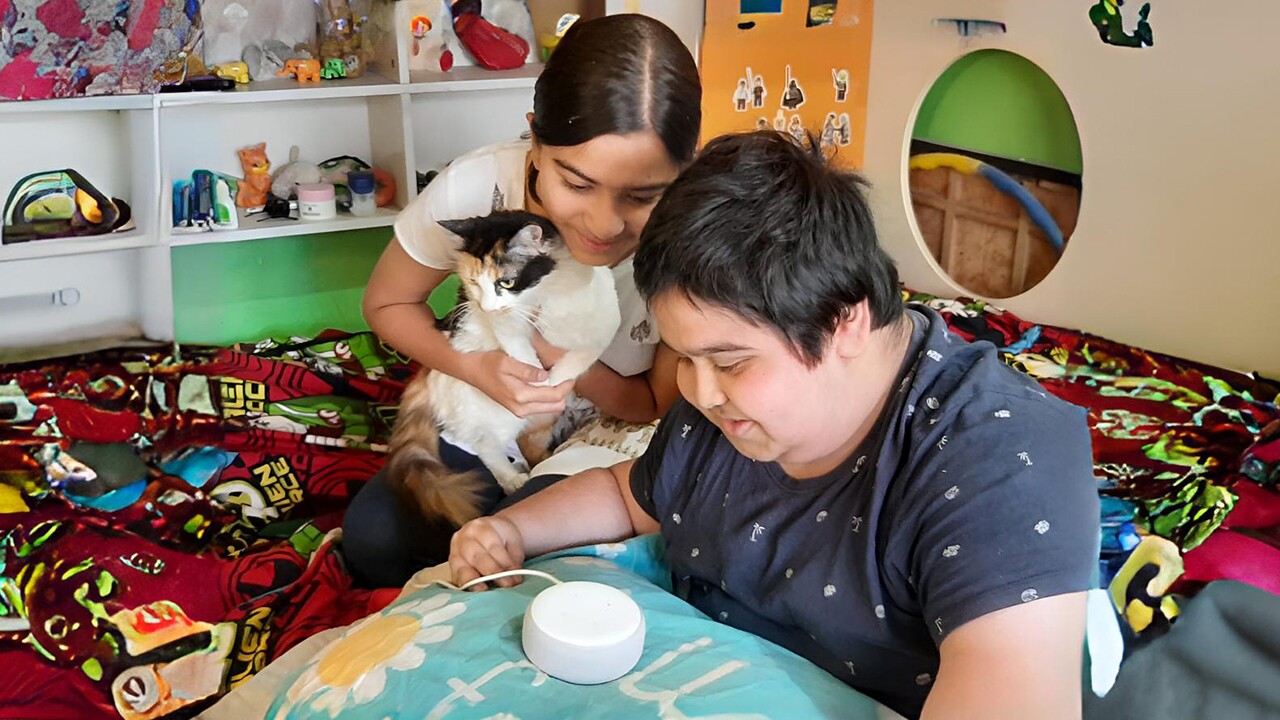
Physiotherapy for DMD patients
DART has been encouraging patients to use technology and is also helping them adapt to it. The trust has also pioneered tasks that are specially designed for DMD patients.
For example, a physiotherapy session has certain movements that need to be carried out in a particular order. Each position has to be held for a specific amount of time, and the progress of the patient is monitored. DART has designed a special task that calls out physiotherapy moves and runs a timer with soothing music in the background. At the end of the countdown, it automatically lines up the next move. All a child needs to do is say, “Alexa, start my physiotherapy session” and follow instructions to complete the session.
This has brought so much relief to caregivers. Families now don't need to memorise the physiotherapy sequence or keep track of multiple devices. This also means that they can share duties, and even have a new person come in to supervise a session. Let’s say an aunt steps in to help, all she has to do is ask Alexa to call out the instructions.
Where Alexa truly lives up to its name is its role in disseminating knowledge. Just like the library of Alexandria—after which the voice AI is named—Alexa-enabled devices are a treasure trove of information. Kids no longer need to ask their parents for the meanings of certain words they encounter in books they are reading. And if they are suddenly interested in knowing about the last Pharaoh of Egypt (Tutankhamun) or which animal lives on Mount Everest (snow leopards), they just need to ask their friend Alexa.
If you have a story about how you use Alexa, email us at alexastories-india@amazon.com. You can also use #AlexaStories to share your experiences on social media. Learn more about how Alexa is helping people in different ways here. Learn about accessibility features available on Alexa here.



